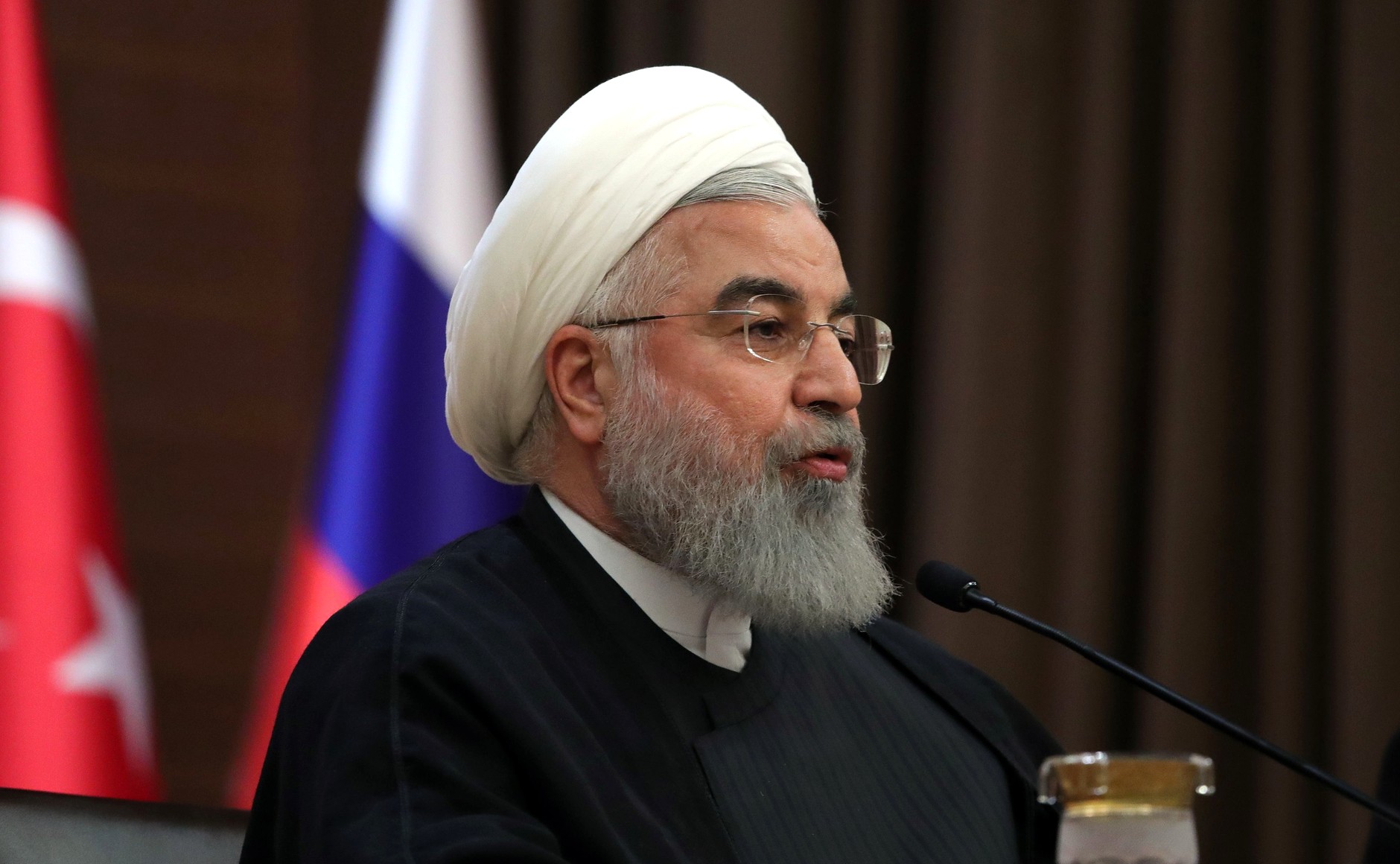Home » 2019 forecast: the Iran deal hangs by a thread
2019 forecast: the Iran deal hangs by a thread

As 2018 draws to a close, the future of the Joint Comprehensive Action Plan, colloquially the ‘Iran deal’, looks increasingly uncertain.
Despite the resolve of other parties to the deal to honour its terms, an undeterred President Trump imposed sanctions on Iran’s oil industry in November. To ease readjustment issues and shock to global oil markets, the US issued waivers which allows some countries to continue to purchase Iranian oil without sanction. However, these waivers will run out before June next year. Although the EU and others like India have pledged to explore alternative payment mechanisms which would bypass buying oil in US dollars, any country which continues to buy Iranian oil would be highly vulnerable to US penalties — so called ‘secondary sanctions.’
Although 2019 could see the deal’s collapse, it may yet survive another year. Assuming purchases of Iranian oil significantly fall when waivers expire, Iranian President Hassan Rouhani will be under huge pressure to withdraw from the deal, potentially leading Tehran to reinvest in its nuclear program.
However, with a recent surge in domestic protests and an already over-extended foreign policy, the last thing Iran needs is a confrontation. Therefore, while anything is possible, the fate of the Iran deal could well hinge on whether or not Trump wins a second term, and whether another moderate is elected in Iran in 2021.
Henry is a Middle East and North Africa team editor and analyst. From Damascus to Tel Aviv he will keep you up to date with all the important developments in the region.

